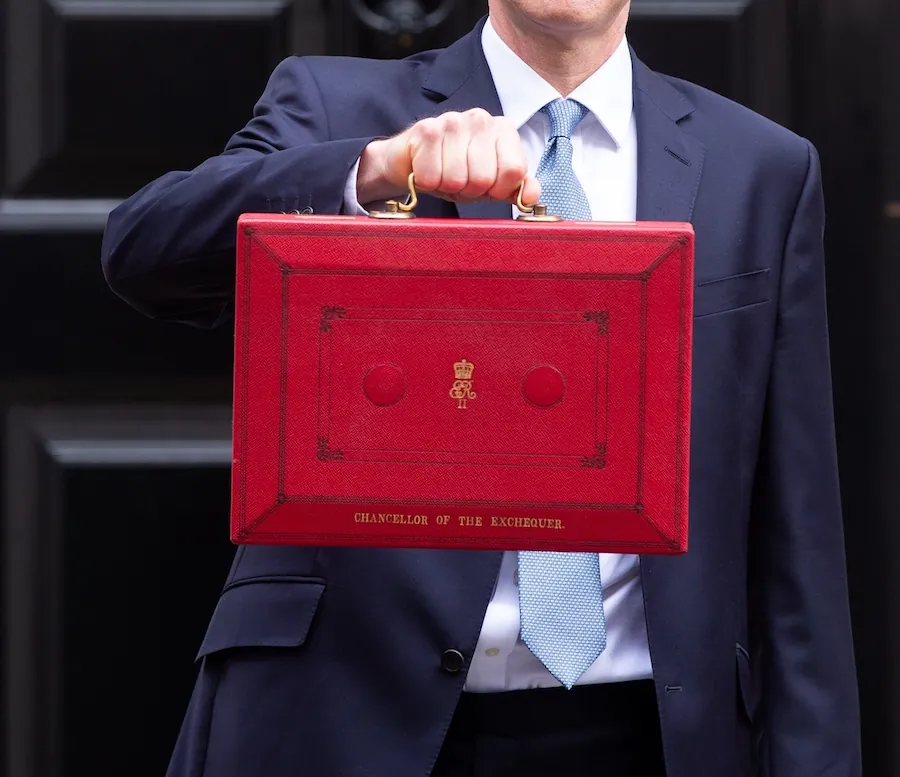How can farmers balance green schemes with food production?
28th March 2024
A rural property expert encourages farmers to carefully consider to what extent they enter new environmental schemes after inheritance tax relief was extended in the Spring Budget.

Many farmers have been awaiting clarification of the policy to consider to what extent they use schemes such as the Sustainable Farming Incentive (SFI).
Balanced approach

Carrie Marshall, agribusiness consultant at Fisher German, said that farmers need to have a “balanced approach” between environmental projects and land devoted to food production.
She added: “With the phasing out of BPS, farmers need reliable sources of income more than ever.
“The SFI scheme is a great new way for farmers to have a steady stream of cash coming into their businesses, but some were holding back on large environmental schemes because APR may not have applied to that land.
“The Chancellor has clarified that land in environmental schemes will be eligible for APR, and although a tax advisor should still be consulted, many farmers may now be looking to increase the area of land they are planning to enter a scheme.
“However, it is crucial that farmers take a balanced approach. It’s important to remember that the SFI scheme isn’t written in stone – it’s a government policy that could be taken away after the next election or funding could be reduced at any time. Farmers should be wary about committing their whole farm to an SFI scheme and selling surplus machinery.”
Steady income
Ms Marshall said that additionally, prices for commodities like wheat can be highly variable, with the war in Ukraine and the price of fuel all contributing to this uncertainty.
“One year, crops may bring in lots of money, while in other years, prices may drop. Having unproductive land used for environmental schemes that bring in steady cash, while saving more productive land for crop growth is often the best strategy to balance the risk.
“And while environmental schemes can bring in SFI payments, there can often be high costs involved with some of the options. It is important to look further than just the headline income figure.
“There is not a one-size-fits-all solution that maximises value, so we would encourage farmers to seek expert advice before starting a new environmental scheme on their land,” the expert explained.

READ MORE: Spring Budget: Removal of ELMs tax barrier warmly welcomed
READ MORE: General election: call for new government to source more food from British farms
Embracing new technology
Aside from the monetary value, Ms Marshall said it is important that government policy encourages farmers to devote land to food production and to farm innovatively and efficiently, such as by embracing technology to drive down some of their costs.
Considering the clients that she advises, the agribusiness consultant added that there is a wide range of efficiency and productivity across farming businesses, and when undertaking benchmarking analysis, there is a clear correlation between results and efficiency.
Ms Marshall said: “Our country needs to strike the right balance between growing our own food and protecting our environment, and farmers clearly play a vital role in achieving both of these goals.
“While incentives to care for the environment are undoubtedly important and can now provide a solid income for farmers, future governments must ensure grants relating to efficient food production and equipment upgrades are not overshadowed in the process.”
Read more business news.




